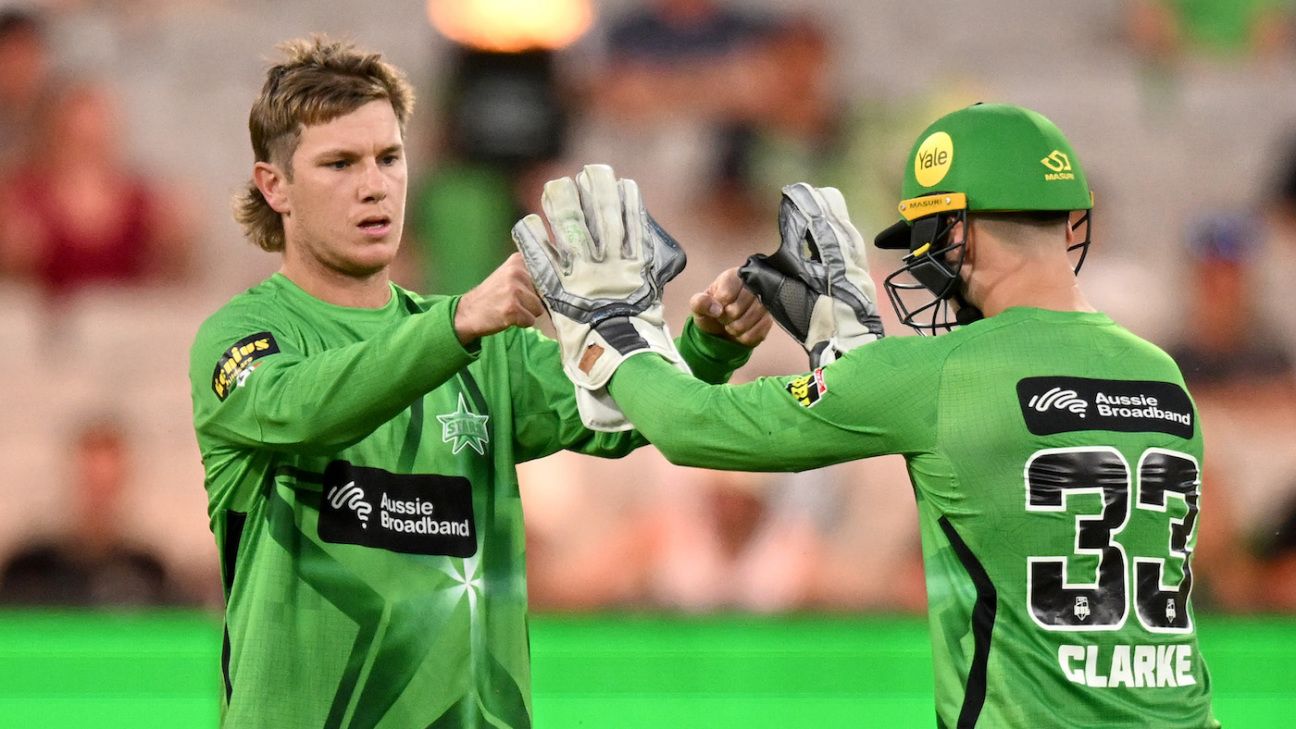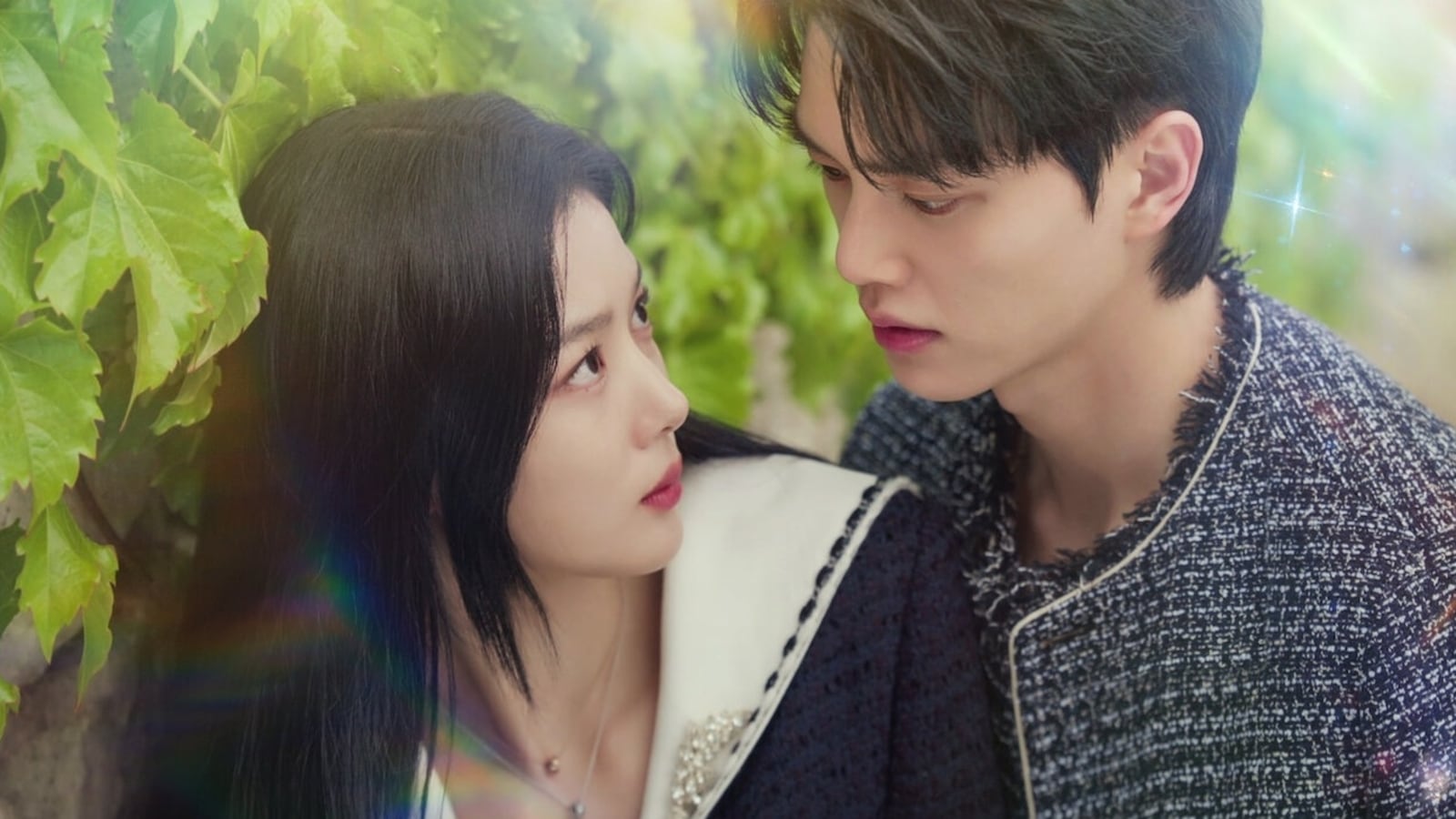Its ambition is sky-high. Kanguva seeks to derive power from the elements (wind, water and fire), the ambitious merger of two timelines separated by a millennium, and the immense magnetism of lead actor Suriya. Nothing wrong with that of course, but the building blocks would have come together far more effectively had the writing and treatment been more organised and coherent.
The star of the show delivers everything that he is expected to but no matter how much the fantasy epic seeks to ride on a blend of the actor’s charisma, the thrills generated by the exploits of warriors of a distant past and the sweeping visual grandeur that cinematographer Vetri Palanisamy rustles up, Kanguva barely stays afloat.
The first 30 minutes of the Tamil-language film written and directed by Siva is as brain-numbingly sloppy as any half-an-hour of cinema that we have ever seen. Be it the banal dialogue, the shrill pitching of the delivery, the perfunctory acting and the feeble stabs at humour, nothing is in order.
This stretch adds up to a wayward and mercifully quick lowdown on three present-day bounty hunters who help the police nab slippery law-breakers. One of them ends up dead on a boat in Goa, sending Francis Theodore (Suriya) and his voluble, doltish sidekick Colt 95 (Yogi Babu) scurrying for cover.
The shoddy prelude takes the film nowhere and tells us next to nothing about the characters who romp about on the screen and yell at each other at the top of their voices. The shrillest of them all is Angela (Disha Patani), Francis’ girlfriend-turned-rival moneygrubber.
The only thing that emerges from the free-for-all is that Francis senses an unexplained connection with a runaway boy whose brain cells have been tampered with at a Russian biomedical laboratory before he escapes from the clutches of the evil scientists and their soldiers.
Colt 95 is meant to provide comic relief. Angela exists because the screenplay needs somebody who can inject meaningless romantic diversion into the proceedings. Neither of them serves the intended purpose.
While the opening minutes set the tone for the rest the film, Kanguva shows marked improvement (at last with regard to imagery and intensity) once it plunges into the past – the year is 1070 AD and thereabouts – and follows the actions of the tribal inhabitants of five islands that are united by language but are violently at odds in terms of what each one of them represents.
The male protagonist here is Kanguva (Suriya), the prince and principal warrior of Perumaachi island. The Perumanathans are fire worshippers and their land is lust green. It is an island that is worth dying for. But death certainly isn’t on the hero’s mind.
Waiting to pounce upon the islanders are 25,000 soldiers of a Roman army looking for a secluded zone for the training of their men. When all is about to be lost – these people seem to always hang by a thread as the Romans, traitors and enemies lying in wait on the island of Arathi, which is in the vice-like grip of Uthiran (Bobby Deol) – Konguva helps his people fight their way out of trouble.
Not that Kanguva needs any help from anybody. He is a force of nature, an unstoppable one-man army. And once he sets himself a goal, nobody and nothing can deflect him from his path. He likens himself to trees in a forest that aren’t swayed by the winds and to streams that flow past the biggest rocks in their way.
It is not just what he says about himself and how a God-like voiceover introduces him to the audience ahead of his grand entry scene, it is also background songs that provide elucidation on his inner thoughts. But do not let that fool you, the music in Kanguva is anything but subtle. It is at best a distraction that the film would have done well to dial down.
The film’s sound design definitely needed much more thought and work as did the characterisation. None of the people we see on the screen, including Kanguva, is accorded any wriggle-room to shape themselves into rounded figures.
Given the sheer vigour that Suriya brings to bear upon the titular hero, it is surprising that the scriptwriters did not deem it necessary to inform the protagonist with more than just the broad contours that he is boxed into.
The film’s biggest missed opportunity pertains to the facet of the intrepid warrior that reflects a ‘maternal’ nourisher when a desperate orphan boy cries out for help. The masculine in Kanguva is on the verge of giving way to an individual who not only protects (by killing a crocodile with his bare hands, when necessary) but also ‘weans’ a motherless boy.
But that significant aspect of the story is allowed to disappear into a miasma of avoidable cliches. That is because Kanguva isn’t looking to steer clear of the familiar. It is intent on being the Tamil Baahubali and KGF. And that is its undoing. The immense potential of the core idea of dealing with the past and present as a seamless continuum remains largely untapped.
Of course, a bulk of the film plays out in the past, which probably is just as well. The portions that are set in the present are a disappointingly patchy pastiche of science fiction, all-out action movie heroics and emotional tugs at the heartstrings.
The climax flits between the eleventh century and 2024. In both, the hero is engaged in a mission to defeat an adversary. Unfortunately, the bad guy in the past is a stodgy caricature rather than a truly menacing foe.
Bobby Deol, in his Tamil debut, is called upon to fill up the screen during the limited time that he has on it. But there is so much happening around him that, like much else in the film, he is left jostling for space and attention.
All of the spotlight is on Suriya in a dual role. The hoary avatar that he dons works infinitely better than the contemporary one. That reflects the film as a whole: Kanguva is like two separate films, with the past weighing heavy on the present in more ways than one.
Kanguva is a visual treat enhanced by the star’s tremendous screen presence. If only the script had more to it than just the sensory and the visceral, this would have been a film fully deserving of the sequel that is in the works.
Kanguva drops more than a few hints of a follow-up. Should we be excited? “We are heading for a great future,” somebody says in the final moments of the film. Are we? Not if the writing is in the same vein.





